Adopted illegally in Switzerland, tracing her roots in Colombia

Born in Colombia, Nathalie Favre was adopted by Swiss parents when she was seven months old. In search of her roots, she returned to her native country where she has now lived for almost five years. It was an important experience, but far from easy.
After completing her master’s degree at the University of Lausanne at the age of 32, Favre was suddenly overcome by a strange feeling of emptiness and the strong desire to find out more about her origins. She now lives in Colombia, where she was born in 1982.
Favre grew up with her brother, the biological son of her adoptive parents, in canton Valais. “The desire to go to Colombia came out of the blue,” she explains.
Favre was aware of being adopted from a very early age. “My parents told me about my adoption when I was little,” she says. She even had free access to the folder containing her birth records, but at the time she was not interested in finding out more about her origins.
Back as a Colombian
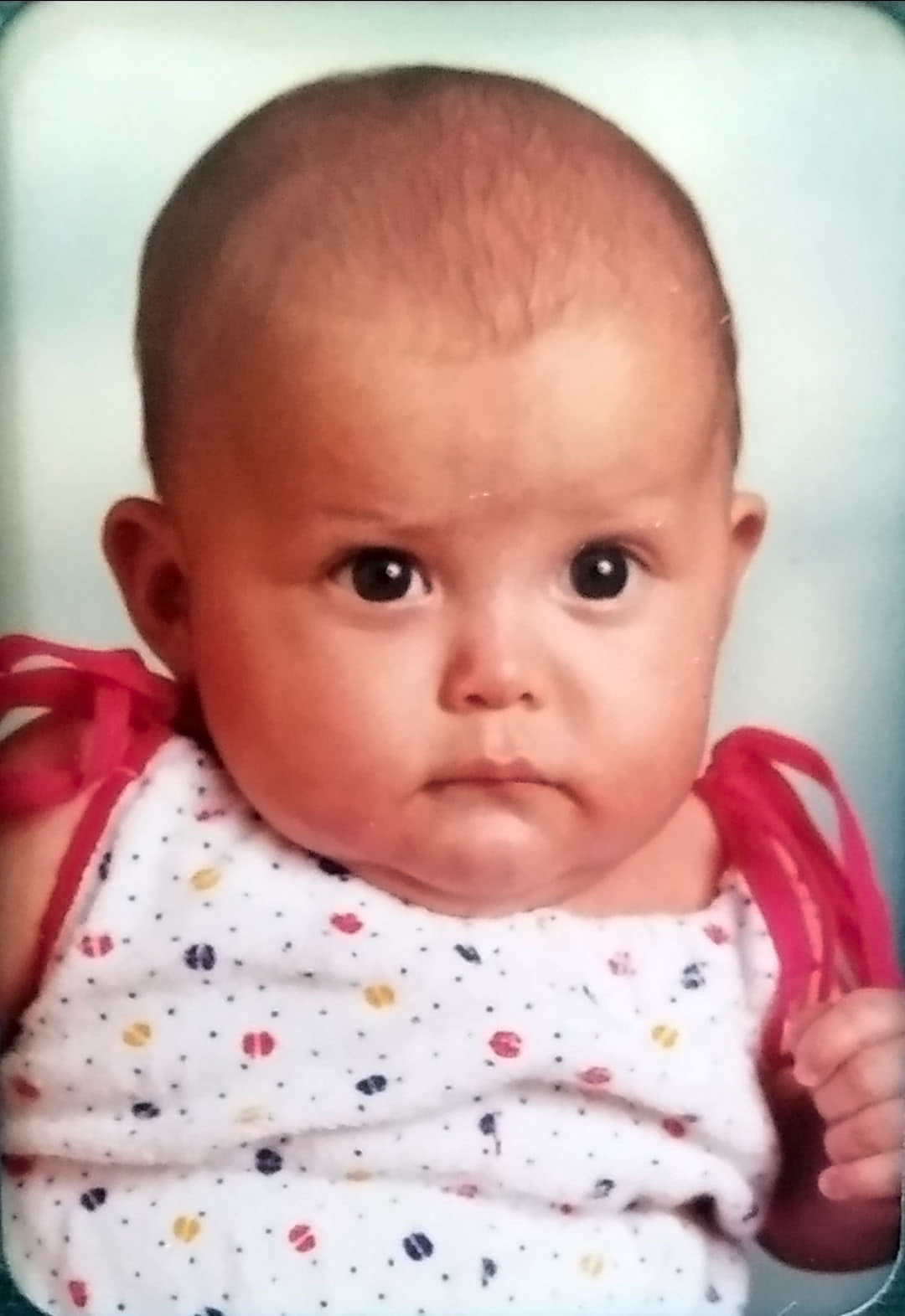
Born Ana Isabel Arteaga, Favre spent a protected childhood in Valais until she was 11, when her adoptive mother died of cancer. “It was a very hard blow,” she remembers. Favre went to school in Valais and later moved to Lausanne for her studies.
In 2017, she travelled to Latin America for the first time and visited Peru. “At the time, I was not ready to go to Colombia,” she explains. Going to the continent of her birth was already a very emotional experience, however, it was an important step in the search of her roots. Hence, the following year she flew to Colombia with a very clear goal: she wanted to regain her Colombian citizenship. “I can’t explain why I had this urge. It just came over me.”
Armed with all the relevant documents, Favre spent the first six months travelling and learning the language of her native country as she did not speak any Spanish at the time. When she met a man, she decided to spend more time in Colombia.
Favre returned to Switzerland for Christmas, just to plan her next trip to Colombia. “My Swiss family was not happy that I wanted to go back,” Favre admits.
Illegal adoption
The planned stay of two to three months has turned into almost five years. “Shortly after I returned to Colombia, I got pregnant and due to some complications during my pregnancy I was unable to fly,” she remembers. Favre and the father of her child had planned to visit Switzerland in 2019 but her health forced her to stay in Colombia.
Apart from her complicated pregnancy, things went reasonably well for her in Colombia. She soon became the proud owner of a Colombian passport and even found her biological family thanks to social media. “I posted a video on Facebook, and someone who knew my aunt contacted me the same day.”
What Favre had suspected for a while turned out to be true when she met her aunt. “My mother did not give me away voluntarily,” she says. There was no consent.
Her mother was a single parent. Her pregnancy was the result of rape which was the reason why the little girl was brought to the attention of the authorities. Favre was taken from her mother in hospital. “She actually wanted to keep me.”
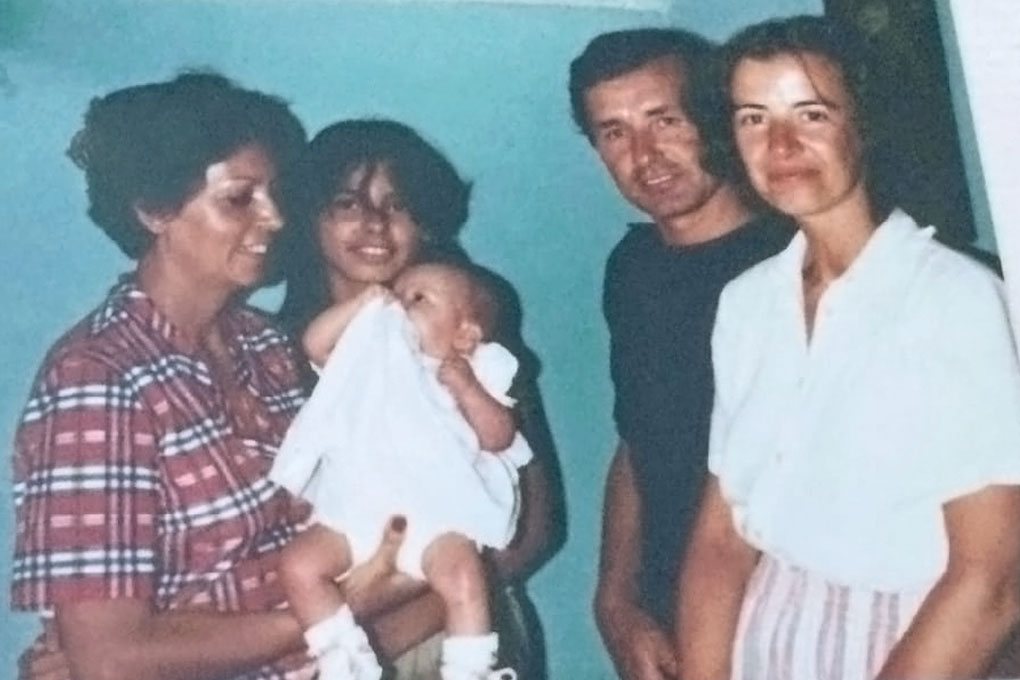
Favre was fair skinned, which was attractive for the European “market”. “At the time, adoption was a lucrative business for everyone involved,” she says. She describes her own adoption as illegal but protects her adoptive parents. “My parents used the services of an adoption agency based in Geneva which collaborated with lawyers in Colombia.” Everything seemed pretty legitimate.
All this was probably the main reason why Favre never got the chance to meet her biological mother. “My aunt told me that my mother had a nervous breakdown after they took me away from her.” Her biological mother left her family and was never seen again. “It is assumed that she committed suicide.”
A report commissioned by the Federal Council to investigate adoptions from ten countries has shown that irregularities in international adoptions have occurred to a greater extent in the past than previously known. The latest study, “Adoptions of children from abroad in Switzerland, 1970s to 1990s: Inventory of documents in the Swiss Federal Archives on ten countries of origin”, shows indications of illegal practices, child trafficking, forged documents and missing information on origins not only in Sri Lanka, but also in countries such as Bangladesh, Brazil, Chile, Guatemala, India, Colombia, Korea, Lebanon, Peru and Romania.
Forced to stay
In 2019 Favre gave birth to a boy who was six weeks premature. The following months were difficult. The young mother suffered from the effects of pre-eclampsia coupled with postnatal depression. And as if all this were not enough, the world was hit by the Covid-19 pandemic which also crippled Colombia for a while.
During this time, Favre’s husband – the father of her son – lost his job, and their Swiss savings were soon depleted. The marriage did not survive these problems, and the couple split up.
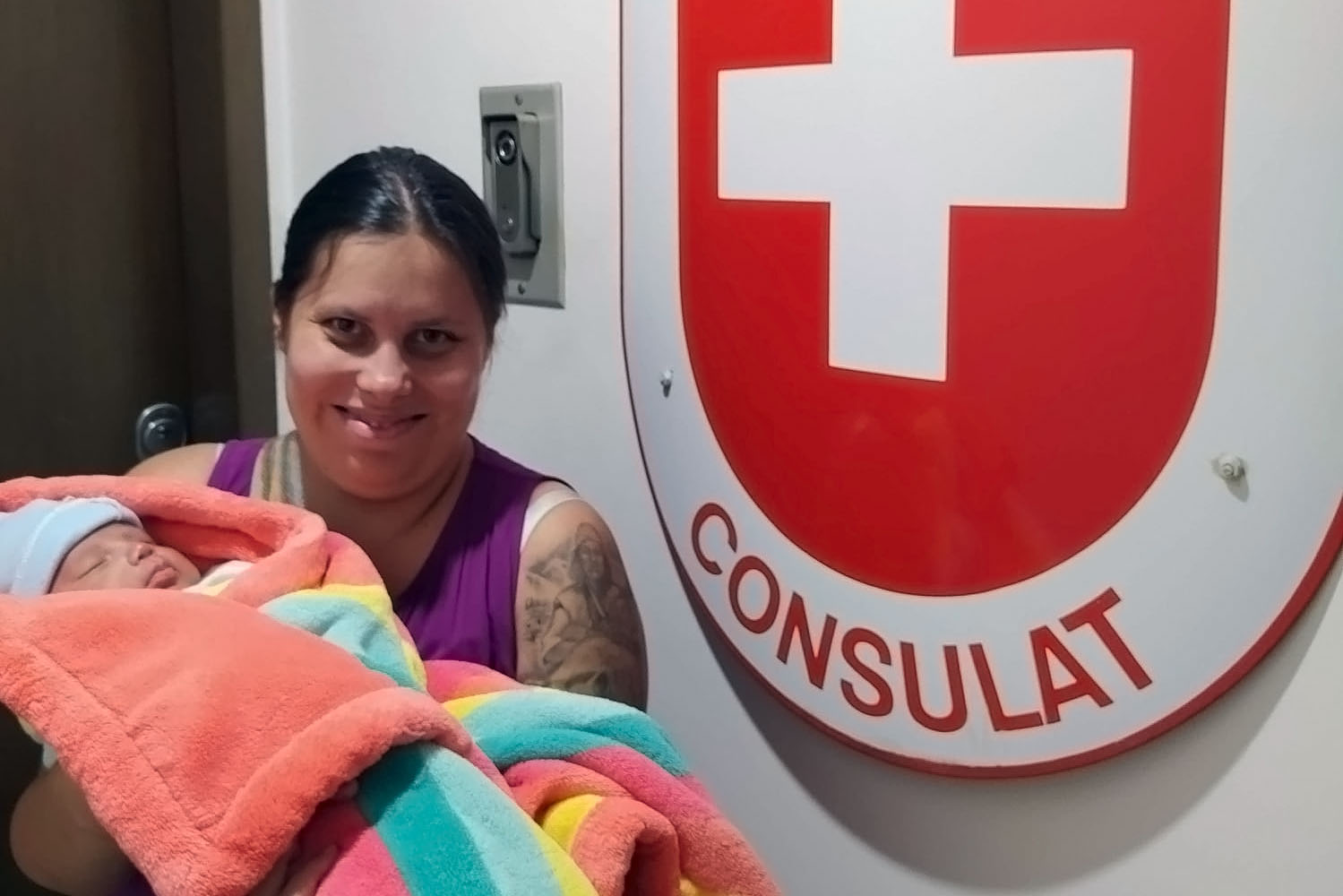
“The Swiss embassy strongly advised me to return to Switzerland because of the pandemic,” she says. However, her husband did not want her to take their son to Switzerland, and she did not want to go without him. In Colombia it is not allowed to leave the country without a notarised declaration of consent of the parents or the parent who does not travel with them.
Favre feels Colombia has changed her. Life in Latin America has kindled her fighting spirit and lifted her out of her depression. Unlike in Switzerland, in Colombia people struggle to survive financially. “You have to function,” she says.
‘I feel Swiss’
Today, Favre works as an administrative assistant for a company based in Miami. Her language skills helped her get this job. “You can only tell by my accent that I did not grow up in Colombia.”
She earns well by Colombian standards but has not been able to make any great leaps forward. “I lead a very modest life,” she says.
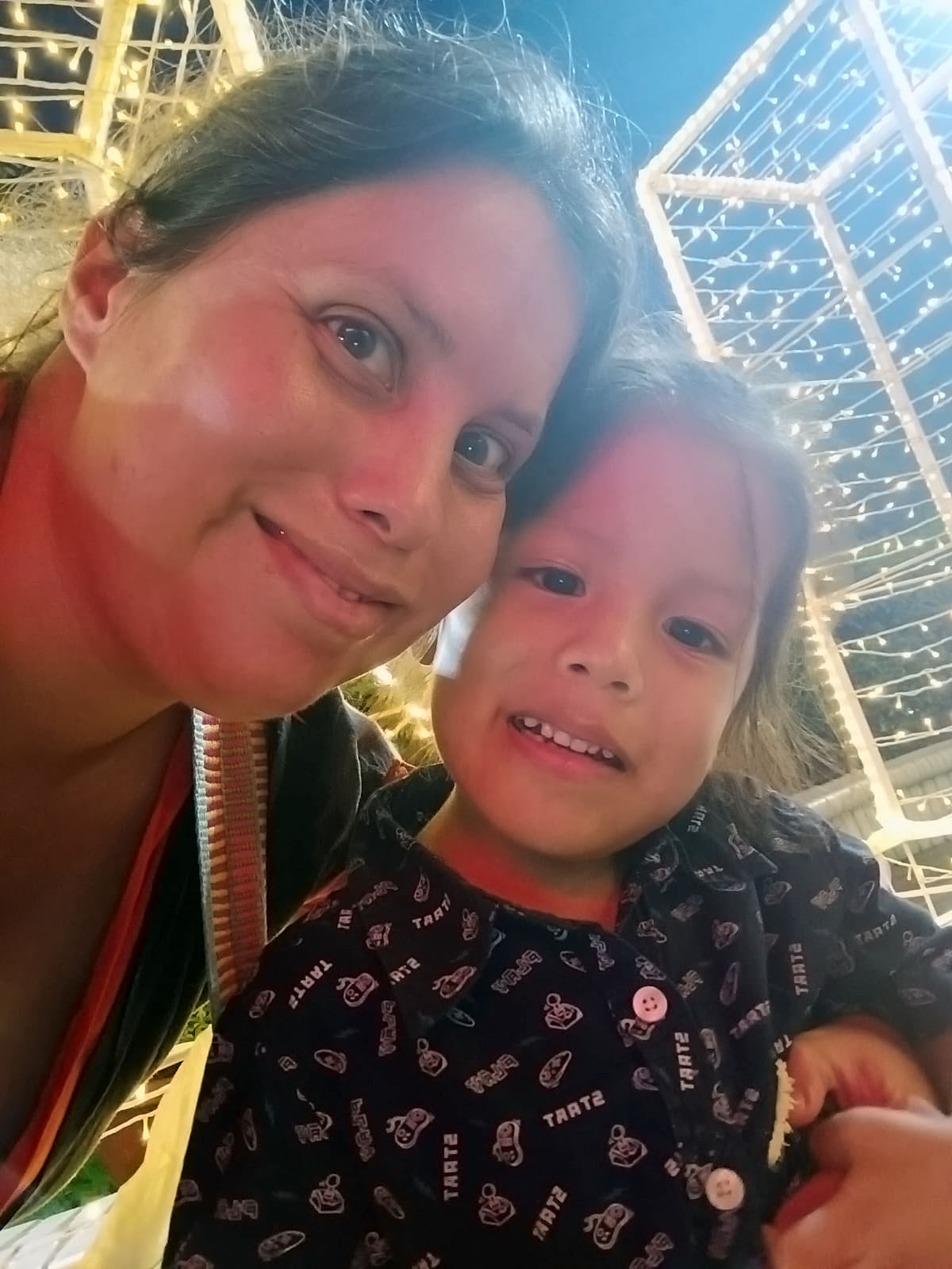
Favre is in two minds. On the one hand, she misses Switzerland. “I have told my adoptive father not to mention raclette or fondue on the phone,” she explains. It is too depressing. They regularly talk on the phone but have not seen each other for more than four years. He is no longer fit enough to travel overseas. She hopes that he will be able to meet her son one day.
On the other hand, she describes her life in Colombia as enriching. She has found her roots there. But her greatest wish is to give her four-year-old son a decent education, which is almost impossible to afford in Colombia. Hence, she believes that she will reach an out-of-court solution with her separated husband which will allow her to return to Switzerland with her son.
“I feel Swiss, and I’d like to show my son life over there,” she says. But she certainly does not want to uproot him. “I want to spare him that experience.”
Edited by Balz Rigendinger. Translated from German by Billi Bierling

In compliance with the JTI standards
More: SWI swissinfo.ch certified by the Journalism Trust Initiative









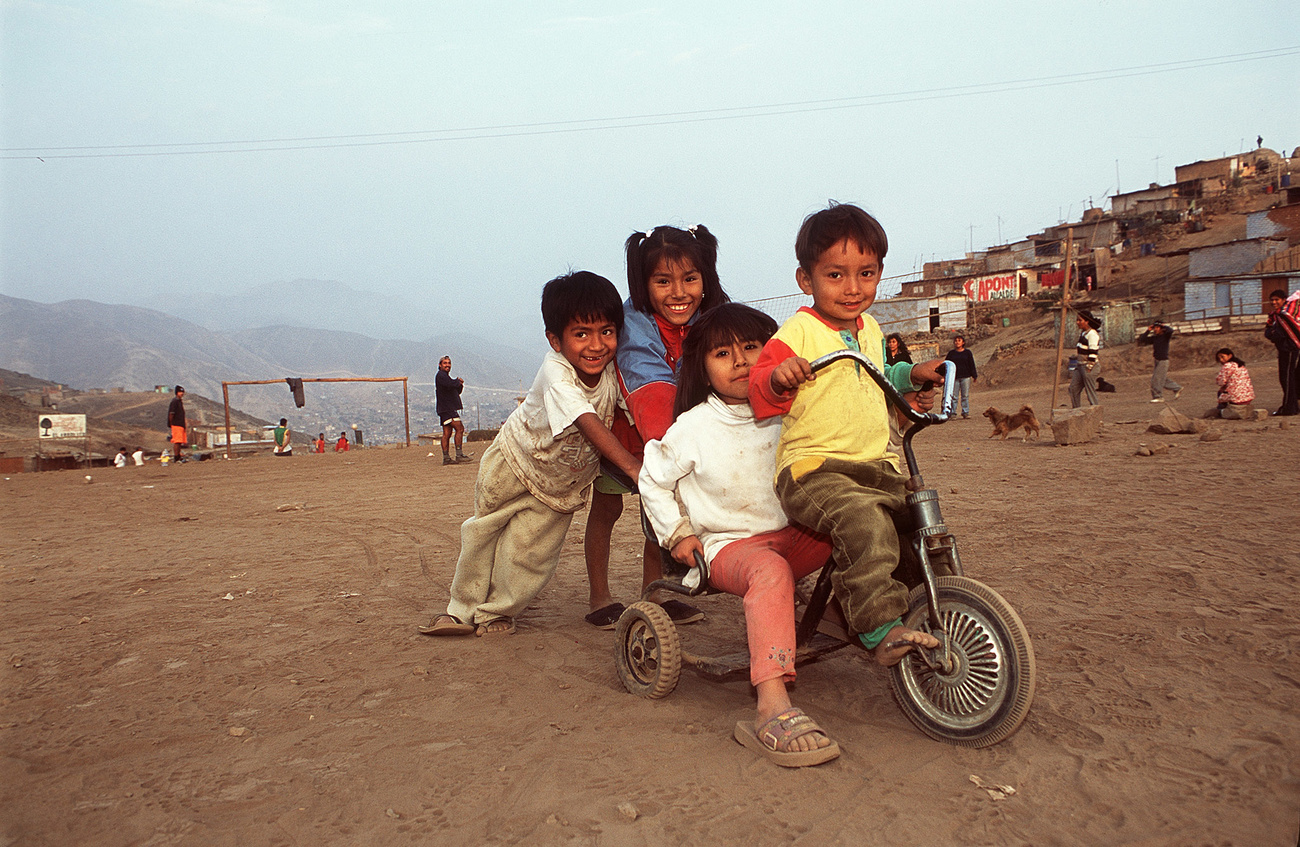
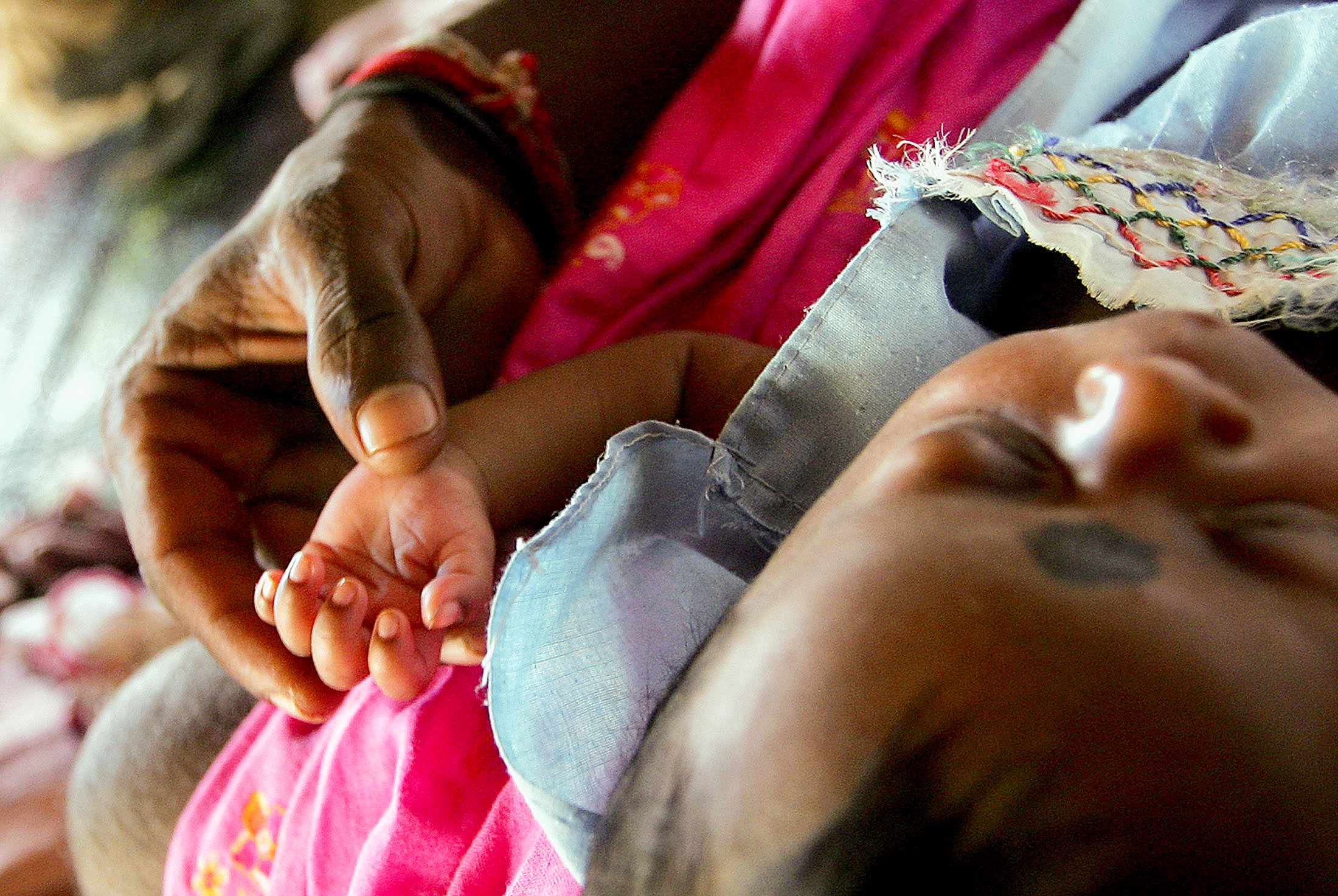
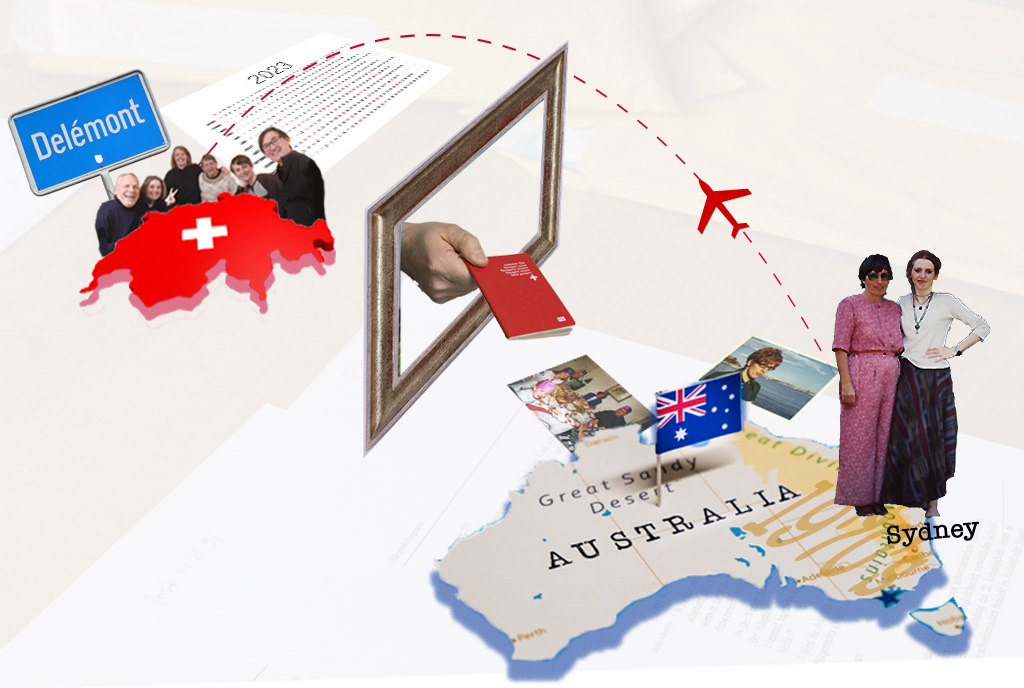
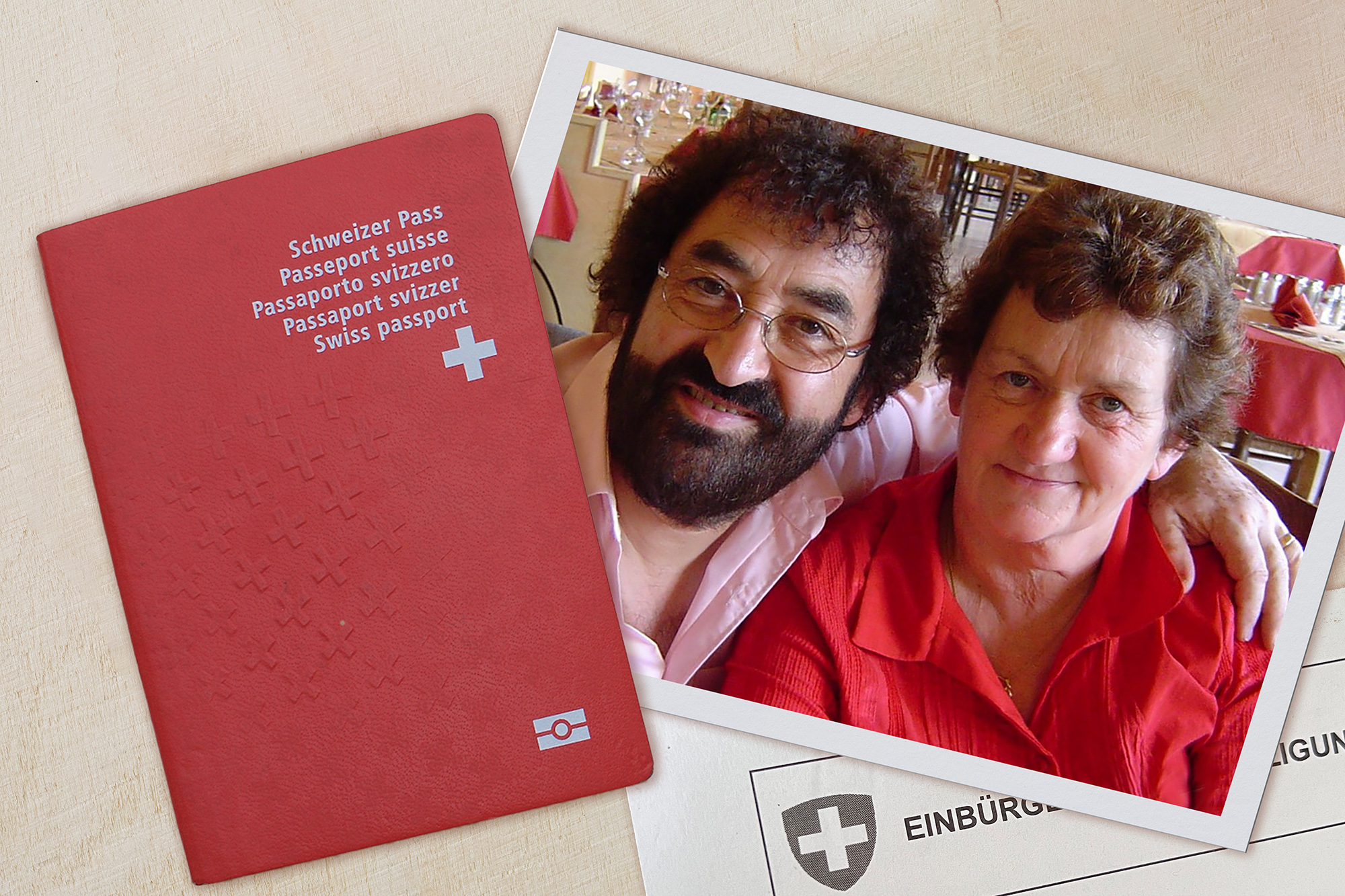


You can find an overview of ongoing debates with our journalists here . Please join us!
If you want to start a conversation about a topic raised in this article or want to report factual errors, email us at english@swissinfo.ch.